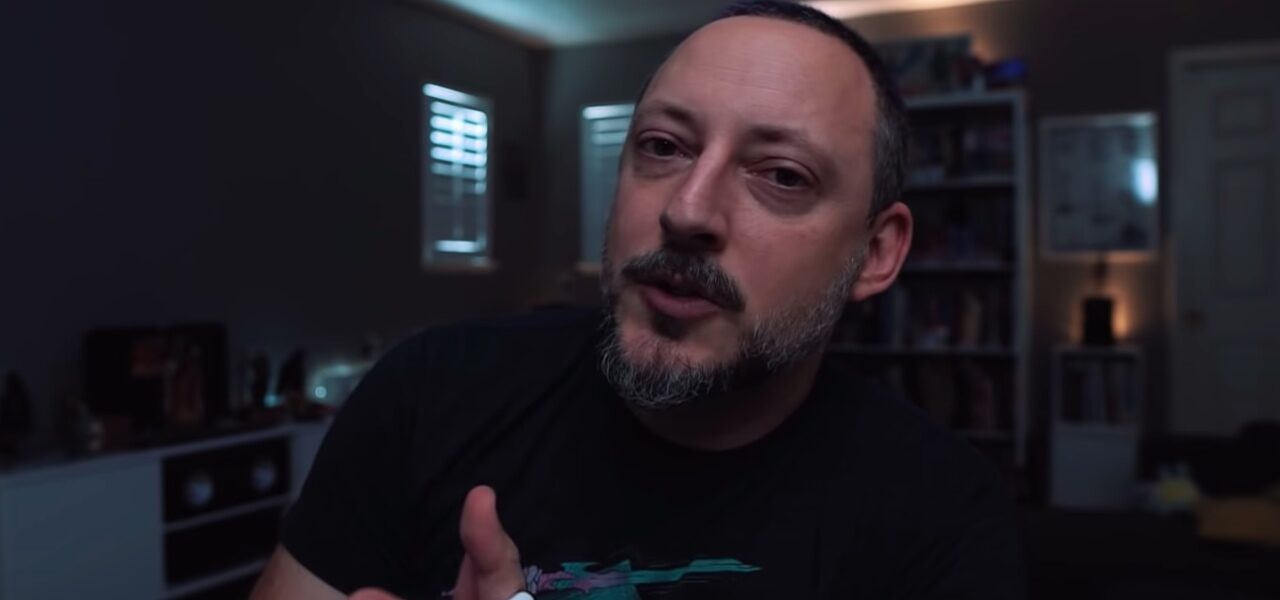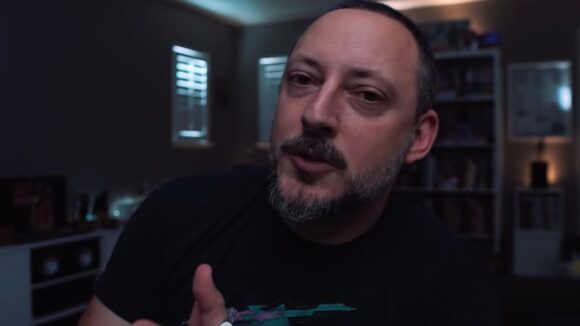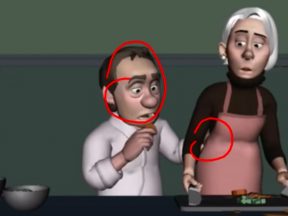

‘Why I Didn’t Quit The Industry’: An Animator Responds To Cartoon Brew’s Story About An Unhappy Industry Artist
A few weeks ago, Janet Chan quit her job as a storyboard revisionist at Disney Television Animation, and left the animation industry for good. As she explained in a Youtube video, she was sick of what she described as toxic behavior, a dull working environment, and a general failure to reward talent. On Monday, Cartoon Brew reposted her video and summarized her points.
Chan’s video — more specifically, our article — has provoked a response from Jean-Denis Haas, an animation supervisor at Industrial Light & Magic and 16-year veteran of the industry. In a video of his own, Haas agrees with Chan in many respects, but says that it’s important to add context and nuance to her points. Watch it here:
By and large, Haas has loved his career to date. He places himself at one end of a spectrum and Chan at the other, arguing that most people entering the industry will end up somewhere in between. He recognizes the validity of Chan’s complaints, but adds that they don’t represent everyone’s experience. Below, we’ve recapped Chan’s key points (in bold) and summarized Haas’s response to each one:
- The executives have poor creative judgment.
Haas says that executives come in all stripes: some have excellent judgment, some don’t. Who you end up with is “a bit of a crapshoot.” They may perceive things that artists don’t, so it’s important not to judge their notes too quickly: “Sometimes, you think, ‘This is not right.’ [But] when you watch the movie, you think, ‘Ah yeah, this makes more sense.’”
- Networking is king.
This is only true to an extent, argues Haas. Talent is important, too. “You can’t be horrible at your job and just rely on networking… That being said, is it going to be helpful to know certain people? Yes. Especially as a student.” Haas encourages his students to network at events and on social media.
- Professionalism is sidelined.
Haas agrees with this, but adds that the same goes for every industry: incompetence is a fact of life. “You are going to deal with people and egos and favors. Is it good? No, but this is something you just have to be ready for.”
- Toxic behavior is rife.
While Haas hasn’t experienced this himself, he fully acknowledges that others do. He says that the degree of toxicity varies between companies, which makes it all the more important to research an employer before agreeing to work for them. “And don’t go on Glassdoor.com and just read negative comments, because whenever someone gets laid off, there’s going to be a certain slant to their comments.”
- The working environment is dull and bureaucratic.
Again, this isn’t true of Haas’s career. “I work on movies that have been part of my childhood, and it’s fantastic… That being said, nine-to-five office job? Yes. It’s actually nine-to-six, nine-to-seven…” He points out that having an office space can be useful, as working from home can upset the work-life balance, and meetings, however boring, are a convenient way to meet other people.
- The industry isn’t honest about all this.
On this point only, Haas wholeheartedly agrees with Chan. In his view, schools do too little to prepare students for the reality of animation work. He points his own students to articles (on Cartoon Brew!) about exploitative practices in the industry, and encourages them to do research of their own. “This is an industry that is looking for a ton of profit… That, coupled with creative people and ambitious people and egos, [is] a recipe for all kinds of dirty behavior.”
Do you agree with Haas? Chan? Neither? Let us know in a comment below.

.png)

